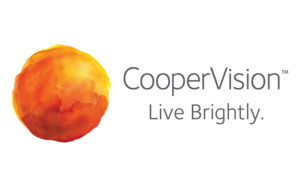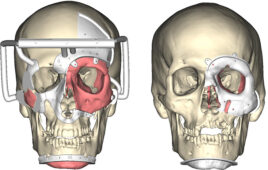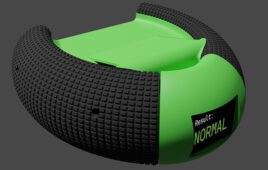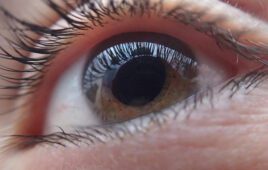 The FDA has approved the first contact lens indicated to slow the progression of nearsightedness in children between the ages of 8 and 12 years old.
The FDA has approved the first contact lens indicated to slow the progression of nearsightedness in children between the ages of 8 and 12 years old.
The MiSight contact by CooperCompanies’ (NYSE:COO) CooperVision lens is a single-use, disposable, soft contact lens that is discarded at the end of each day and is not intended to be worn overnight.
The most frequent cause of correctable visual impairment worldwide, myopia occurs when the eye grows too long from front to back (axial length). Instead of focusing images on the retina, images are focused at a point in front of the retina. As a result, people with myopia have good near vision, but poor distance vision that can be corrected with glasses or contact lenses.
When placed on the eye, one part of the MiSight contact lens corrects the refractive error to improve distance vision in nearsighted eyes, similar to a standard corrective lens. In addition, concentric peripheral rings in the lens focus part of the light in front of the retina (the back of the eye). This is believed to reduce the stimulus causing the progression of myopia, according to the FDA.
The approval of MiSight could ultimately mean a reduced risk of developing other eye problems such as early cataracts or a detached retina during adulthood, according to Dr. Malvina Eydelman, director of the Office of Ophthalmic, Anesthesia, Respiratory, ENT and Dental Devices in the FDA’s Center for Devices and Radiological Health.
“MiSight is a revolutionary product that can make a meaningful difference in the lives of children needing visual correction,” CooperVision president & CEO Al White said in a news release. “Today’s approval is a big step forward for the ophthalmic industry as eye care professionals finally have an approved treatment for slowing the progression of myopia rather than just providing glasses or contact lenses to mask the condition. The increased incidence of myopia is a global epidemic so it’s exciting to see an FDA-approved product which can now become the standard-of-care within the ophthalmic industry to treat this crisis.”
The FDA based its approval on data obtained from a prospective clinical trial at four clinical sites and real-world evidence, according to the FDA. MiSight’s safety and effectiveness were studied in a three-year randomized, controlled clinical trial of 135 children who were ages 8 to 12 at the start of treatment and who used MiSight or a conventional soft contact lens. The trial showed that for the full three-year period, the progression in myopia of those wearing MiSight lenses was less than those wearing conventional soft contact lenses. In addition, subjects who used MiSight had less change in the axial length of the eyeball at each annual checkup. Over the course of the trial, there were no serious ocular adverse events in either arm of the study, the agency added.
MiSight has been scientifically proven to reduce myopic progression by up to 59% when compared to the children in the control group wearing a single vision 1-day contact lens, according to CooperVision.
The FDA said it also reviewed real-world data from a retrospective analysis of medical records of 782 children ages 8 to 12 years old from seven community eye care clinics in order to estimate the rate of vision-threatening corneal infections (i.e., corneal ulcers) among children and adolescents who wear soft contact lenses daily. The results showed a rate comparable to the rate of ulcer cases among adults who wear contact lenses daily.
As part of the approval of MiSight, CooperVision must conduct a postmarket study of the contact lenses to further evaluate the safety and effectiveness of the product as indicated. The company said it expects MiSight to be available in the U.S. beginning in March of 2020.




